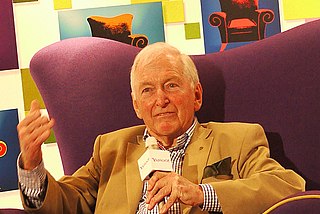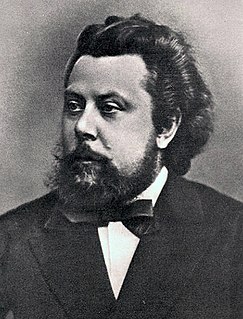A Quote by Mark Twain
It is not like studying German, where you mull along, in a groping, uncertain way, for thirty years; and at last, just as you think you've got it, they spring the subjunctive on you, and there you are. No- and I see now plainly enough, that the great pity about the German language is, that you can't fall off it and hurt yourself. There is nothing like that feature to make you attend strictly to business.
Related Quotes
The Thirty Years' War, 1618-1648, was a series of conflicts that became the last great struggle of religious wars in Europe. It was fought almost exclusively on German soil...but before the war ended, it involved most of the nations of Europe. The underlying cause of the war was the deep-seated hostility between the German Protestants and German Catholics - with the Jesuits and Cardinal Richelieu, who was the real ruler of France, fanning the fires to accomplish their ends.
My grandmother was German. She didn't teach any of her children German. She really wanted them to be American. And now, she's since passed away, I get so frustrated sometimes. I'm like, "Oh, Oma, why didn't you teach your kids German?" My dad would have spoken German to me from birth, and I would have spoken German.
I work in Hebrew. Hebrew is deeply inspired by other languages. Not now, for the last three thousand years, Hebrew has been penetrated and fertilized by ancient Semitic languages - by Aramaic, by Greek, by Latin, by Arabic, by Yiddish, by Latino, by German, by Russian, by English, I could go on and on. It's very much like English. The English language took in many many fertilizations, many many genes, from other languages, from foreign languages - Latin, French, Nordic languages, German, Scandinavian languages. Every language has influences and is an influence.
The biggest issue for me has been the language because I speak so much German now. I've had to focus on my English and find more words to describe what I want to say and also soften my tone. It was quite stiff from 20 years of speaking German, so when I started speaking more English, oh my god, my tongue was like: 'Argh'!
And another thing about German symphonic development. I tell you, our cold kvass soup is a horror to the Germans, and yet we eat it with pleasure. And their cold cherry soup is a horror to us, and yet it sends a German into ecstacy. In short, symphonic development is just like German philosophy and soup-all worked out and systematized. When a German thinks, he reasons his way to a conclusion. Our Russian brother, on the other hand, starts with a conclusion and then might amuse himself with some reasoning.





































